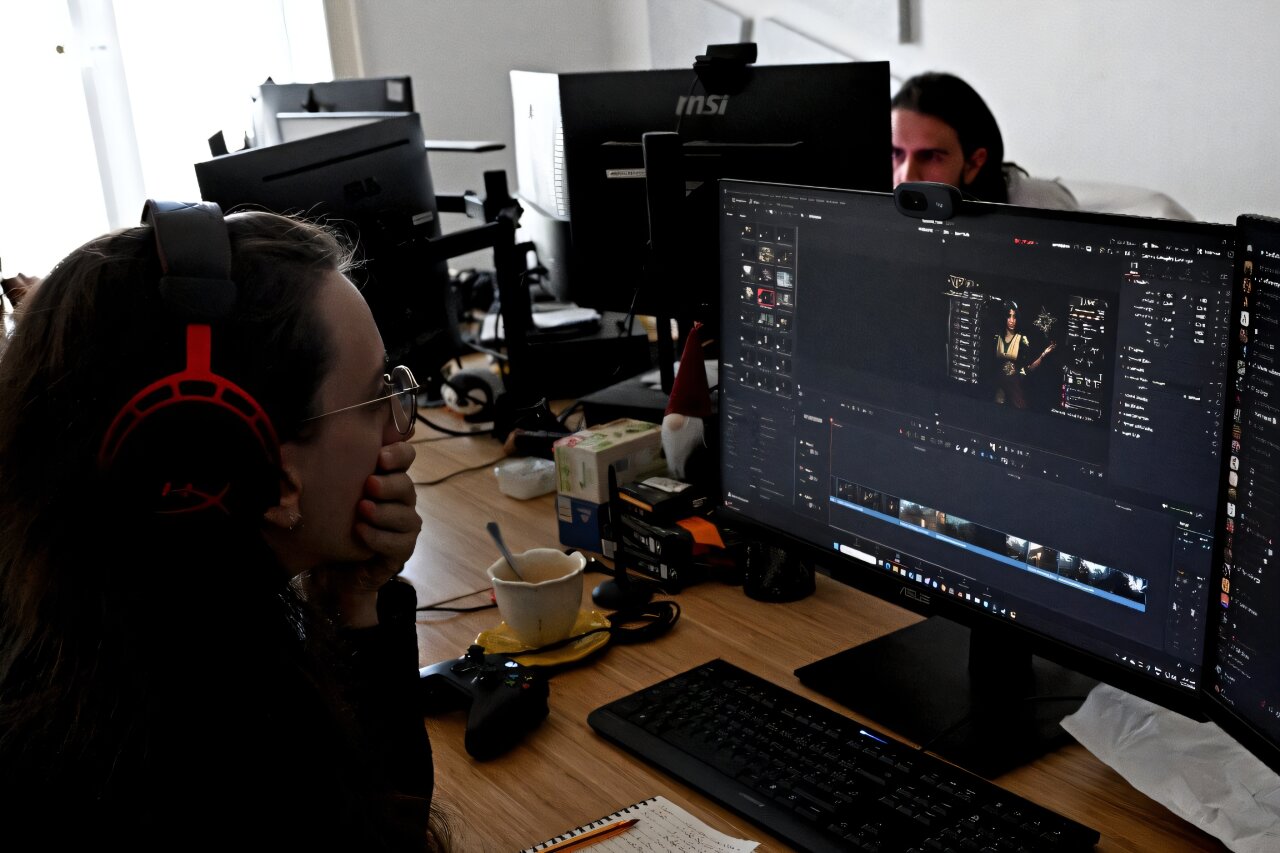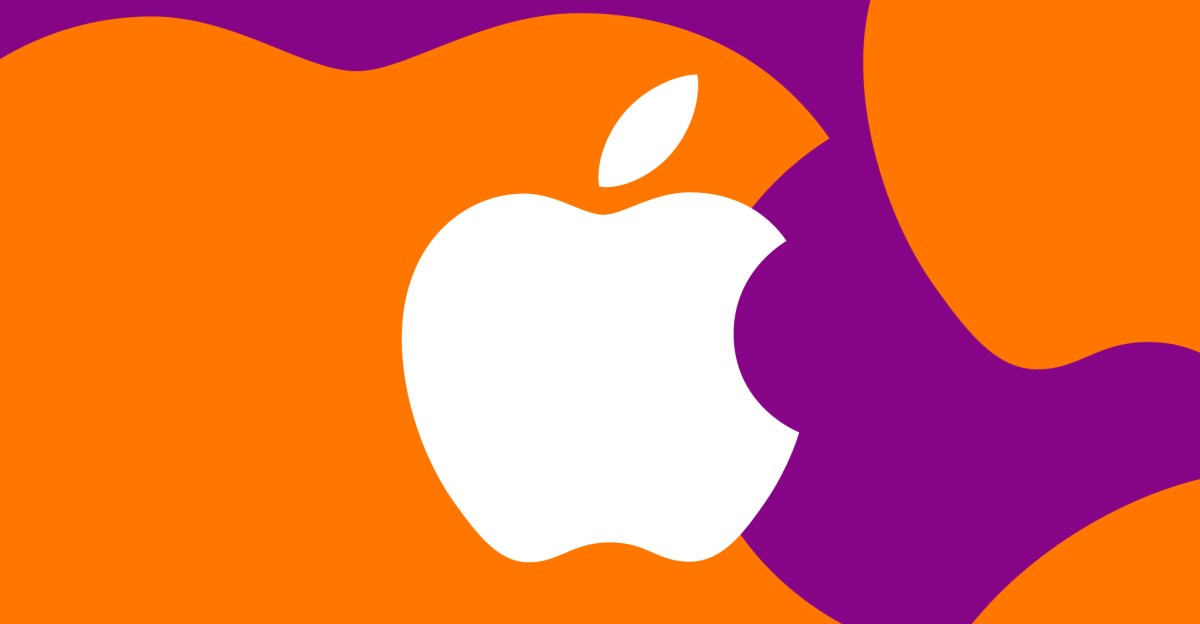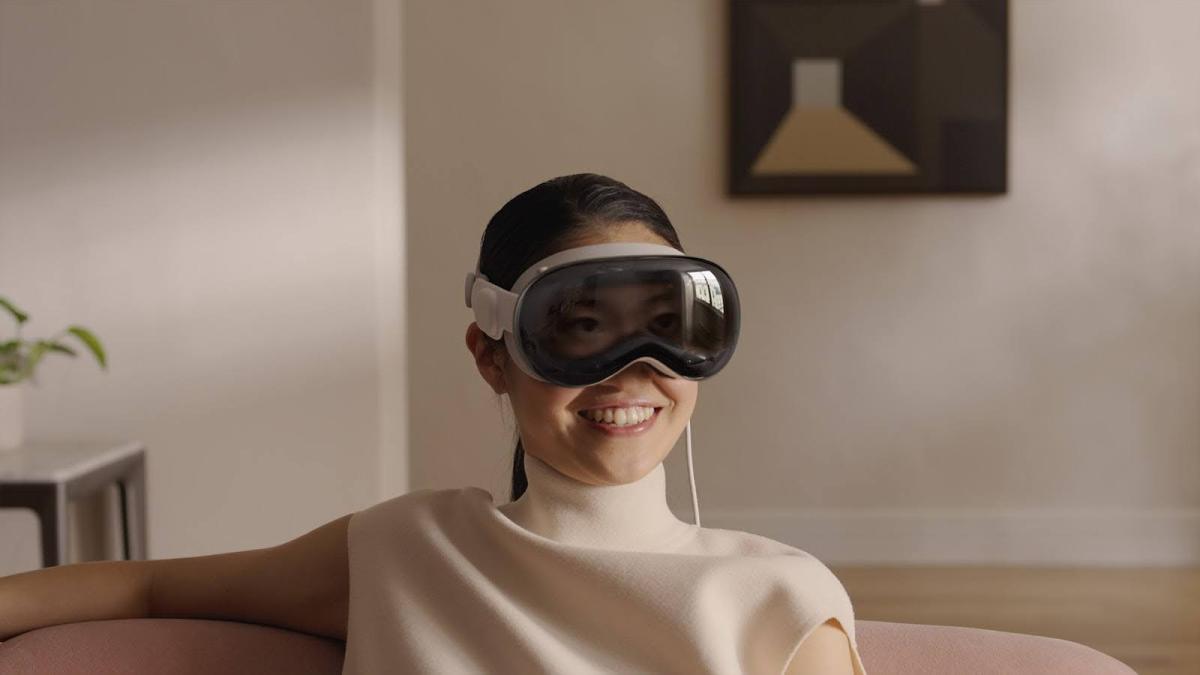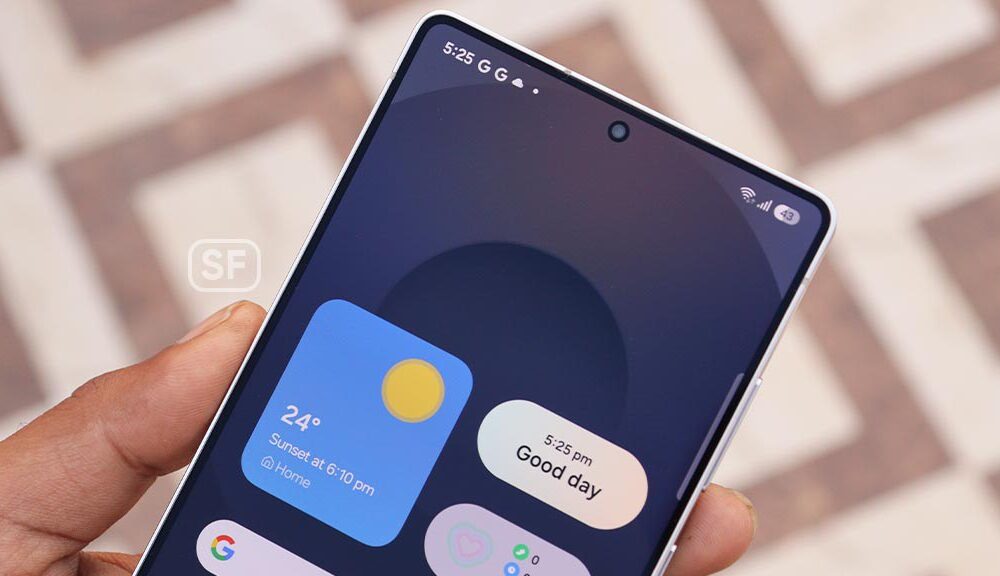Inside Apple's AI Overhaul: Siri Gets a Radical Leadership Makeover
Technology
2025-03-20 16:50:10Content
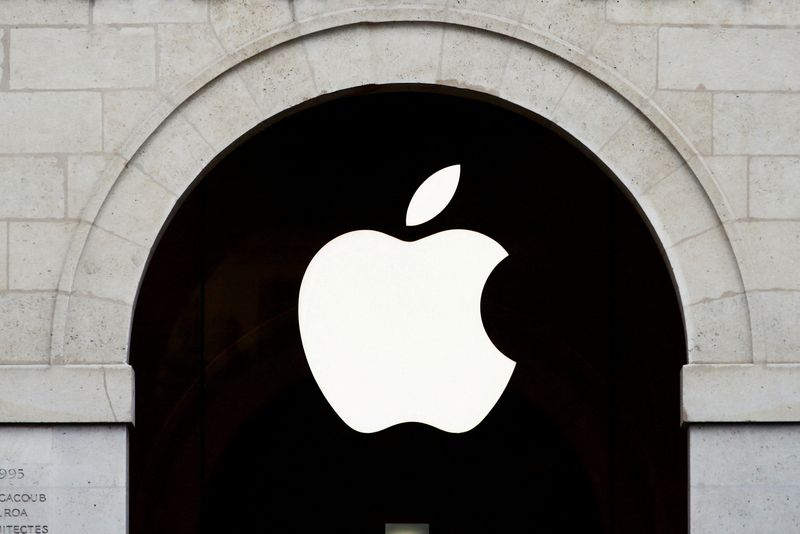
Apple's ambitious plans for Siri are experiencing a significant setback, with key AI improvements now postponed until 2026. The delay comes amid internal leadership shifts that signal potential challenges in the company's artificial intelligence strategy.
In a notable organizational change, Mike Rockwell, the visionary executive behind Apple's groundbreaking Vision Pro headset, has been tapped to take over leadership of the Siri virtual assistant. This reassignment appears to stem from CEO Tim Cook's diminishing confidence in current AI head John Giannandrea's ability to drive product development forward.
Rockwell will now report directly to software chief Craig Federighi, effectively removing Siri from Giannandrea's oversight. This restructuring suggests Apple is taking a more hands-on approach to revitalizing its virtual assistant technology, which has struggled to keep pace with competitors in recent years.
The unexpected leadership transition and delayed improvements highlight the increasing complexity of AI development and the intense competition among tech giants to deliver more sophisticated digital assistants. Apple remains committed to enhancing Siri's capabilities, though the timeline for significant upgrades has been pushed back.
Apple's Siri Overhaul: A Strategic Reshuffling in the AI Landscape
In the rapidly evolving world of artificial intelligence, tech giants are constantly repositioning their strategies to maintain competitive edge. Apple, known for its innovative approach to technology, is once again making waves with a significant organizational shift that promises to reshape its virtual assistant ecosystem.Transforming Digital Intelligence: When Leadership Meets Innovation
The Leadership Transition
Apple's recent internal restructuring signals a profound strategic pivot in its artificial intelligence development. Mike Rockwell, the visionary architect behind the groundbreaking Vision Pro headset, has been entrusted with a critical mission: revitalizing the Siri virtual assistant. This unexpected leadership change comes directly from CEO Tim Cook, who has reportedly lost confidence in the current AI leadership's ability to execute product development effectively. The transition represents more than a mere personnel shuffle. It symbolizes Apple's commitment to maintaining its technological supremacy in an increasingly competitive AI landscape. Rockwell's appointment suggests a deliberate strategy to inject fresh perspective and innovative thinking into the virtual assistant's development trajectory.Organizational Dynamics and Strategic Realignment
The reorganization sees Rockwell reporting directly to software chief Craig Federighi, effectively removing Siri from John Giannandrea's operational control. This structural modification indicates a nuanced approach to technological development, prioritizing agility and rapid innovation over traditional hierarchical constraints. By positioning Rockwell at the helm of Siri's development, Apple demonstrates its willingness to make bold organizational decisions. The move suggests a recognition that breakthrough technologies require not just technical expertise, but also visionary leadership capable of reimagining existing paradigms.Technological Implications and Future Projections
The delayed AI improvements for Siri, now pushed to 2026, hint at a comprehensive reimagining of the virtual assistant's capabilities. Rockwell's background in developing cutting-edge hardware like the Vision Pro headset suggests he brings a unique perspective to software development—one that potentially bridges hardware and software innovation. This strategic realignment could signal Apple's intent to leapfrog competitors in the AI assistant market. By bringing a hardware-oriented innovator into a software leadership role, the company might be preparing to introduce groundbreaking features that transcend traditional virtual assistant functionalities.Industry Context and Competitive Landscape
Apple's maneuver occurs against a backdrop of intense competition in artificial intelligence. With tech giants like Google, Microsoft, and OpenAI continuously pushing technological boundaries, the stakes for virtual assistant development have never been higher. Rockwell's appointment suggests Apple is not merely playing catch-up but is positioning itself to define the next generation of intelligent digital interfaces. His track record of innovative thinking, exemplified by the Vision Pro's revolutionary design, offers tantalizing hints of what might be coming for Siri.Potential Technological Innovations
While specific details remain confidential, industry observers speculate that the delayed improvements might involve more sophisticated natural language processing, enhanced contextual understanding, and potentially groundbreaking integration with Apple's broader ecosystem of devices and services. The strategic patience demonstrated by delaying improvements until 2026 suggests a meticulous approach to development, prioritizing quality and transformative potential over rushed incremental updates.RELATED NEWS
Technology

Resurrection in Azeroth: Blizzard Throws Lifeline to Hardcore WoW Players Felled by Cyber Assault
2025-03-25 16:52:30
Technology
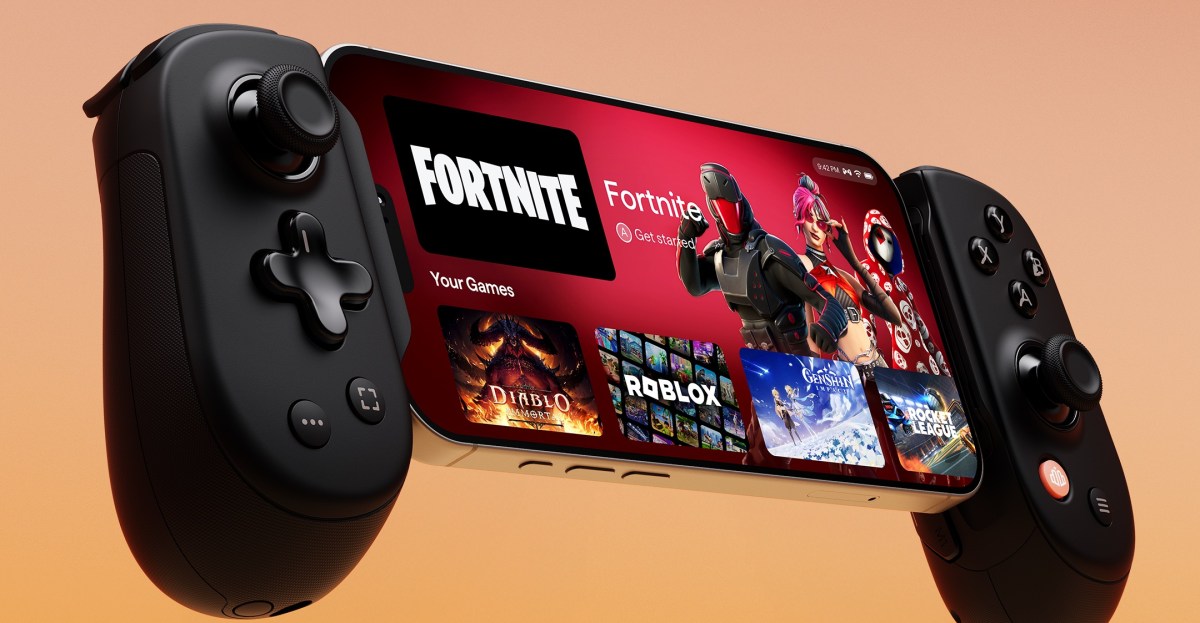
Gaming Revolution: Backbone Pro Promises Universal Controller Dominance
2025-05-06 13:00:00
Technology

Fitness Hack: How Completing Apple Watch Rings Could Be Your Secret Weapon Against Stress and Sleepless Nights
2025-04-14 16:45:14
